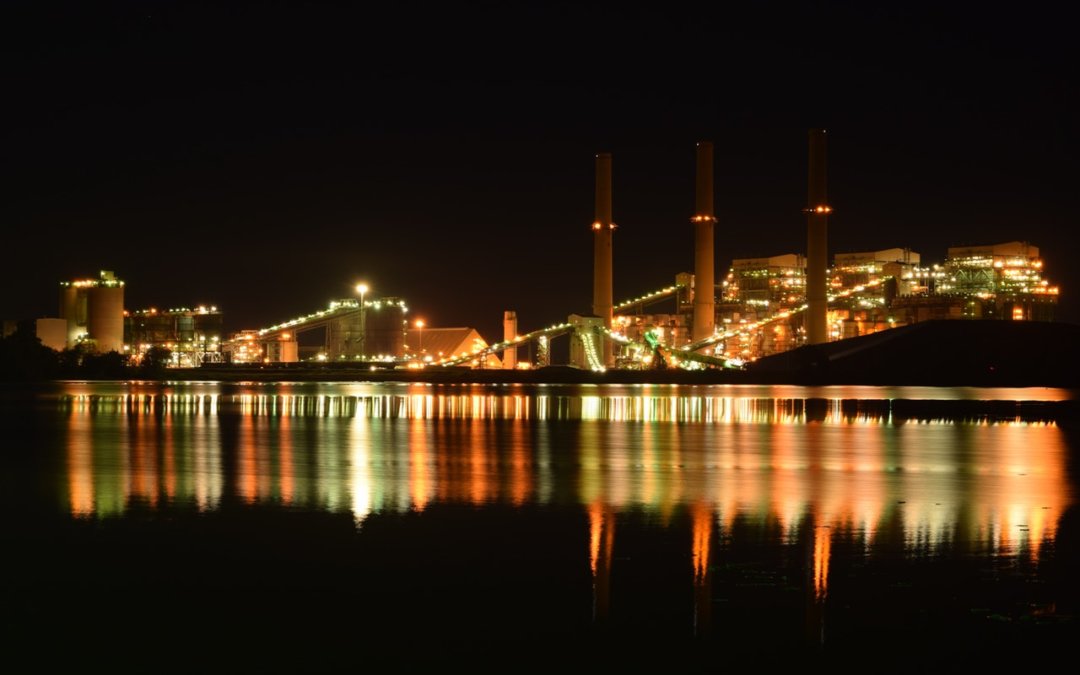2019 was a banner year for oil and gas discoveries, which topped a four-year high. According to data released by Rystad Energy, oil and gas companies discovered nearly 12.2 billion barrels of new oil in 2019. The data showed companies found 1.8 billion barrels of new oil reserves in Guyana alone.
From the North African nation of Mauritania to the Kara Sea, companies such as BP and ExxonMobil discovered billions of new barrels of oil in 2019. Many analysts predict 2020 could produce similar discoveries. Companies plan on spending billions of dollars on exploration in 2020. Analysts forecast oil and gas companies will spend six percent more through 2025 than what they spent from 2014 to 2019 combined.
Exploration is expected to grow throughout North America. An abundance of gas and shale oil has many companies pinning their hopes on new discoveries throughout the northern hemisphere. However, some analysts warn that it is getting more difficult for companies to find large discoveries, which could dampen the outlook on future exploration.
According to an annual review from oil and gas giant BP, there are enough oil reserves (1.73 trillion barrels) to last the world about 50 years. That is if consumers only take out around 100 million barrels per day from those reserves until then. However, some estimates show consumer demand for oil plateauing by 2030 at 1 million barrels of oil per day.
Technology, electric cars and alternative forms of transportation are expected to have a big impact on people’s dependence on gas-powered vehicles. Although some analysts suggest only consuming 1 million barrels of oil per day in 2030 seems pretty far-fetched, there are some in the industry estimating oil demand by that time may be the same as today’s demand. The estimates could ease some of the pressure on oil and gas companies to spend large amounts of capital on exploration.
Although the future of oil and gas discoveries does look bright, it will take a long time for companies to recoup the losses they experienced from the oil price collapse that occurred just before 2014. From 2014 to 2016, capital spending on exploration fell by 60 percent due to the dramatic fall in the price of oil. However, most analysts predict consumers will demand oil, no matter where companies find it, for centuries to come.
